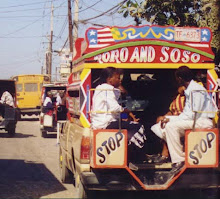
Haiti is a nation that shares an island with neighboring Dominican Republic, and has a population of about 10 million. Although these nations share the same island, there are differences in culture, language and society between the Dominican Republic and Haiti that contribute to the political and social economy of Haiti that allows for poor land use management. There are stark contrasts between the prosperity of each nation, Haiti being the least economically developed of the two. Due to political instability and poor land use management, deforestation of the tropical forests of Haiti continues at an alarming rate. Agricultural expansion has negatively affected forests worldwide, especially in Haiti. Land degradation is a result of intervening variables of land uses over time, especially agricultural crop expansion in the attempt of providing food to Haitians living in poverty. This is important because it highlights a special relationship between the over use of natural resources for the survival of human populations. However, this offers a dilemma. Profitability of forests in a conserved state is low for people living in poverty. This is because achieving minimal standards of living depends highly on food production that requires the clearance of forests. The land upon which forests stand is more valuable cleared than conserved for future generations.
The changes to the majestic tropical land of Haiti are disgusting and horrific. Therefore, not only are the people being exploited to work on plantations, but the forest is also being exploited to make various products that are sold for pennies (anything to get by). Their poverty leave the Haitian people no choice but to cut down their forest to survive. This not only harms the environment and the wildlife but it also harms the people and increases the risk of disastrous consequences to natural disasters. Haitians need a helping hand in guiding them on a path to sustainable development.


No comments:
Post a Comment